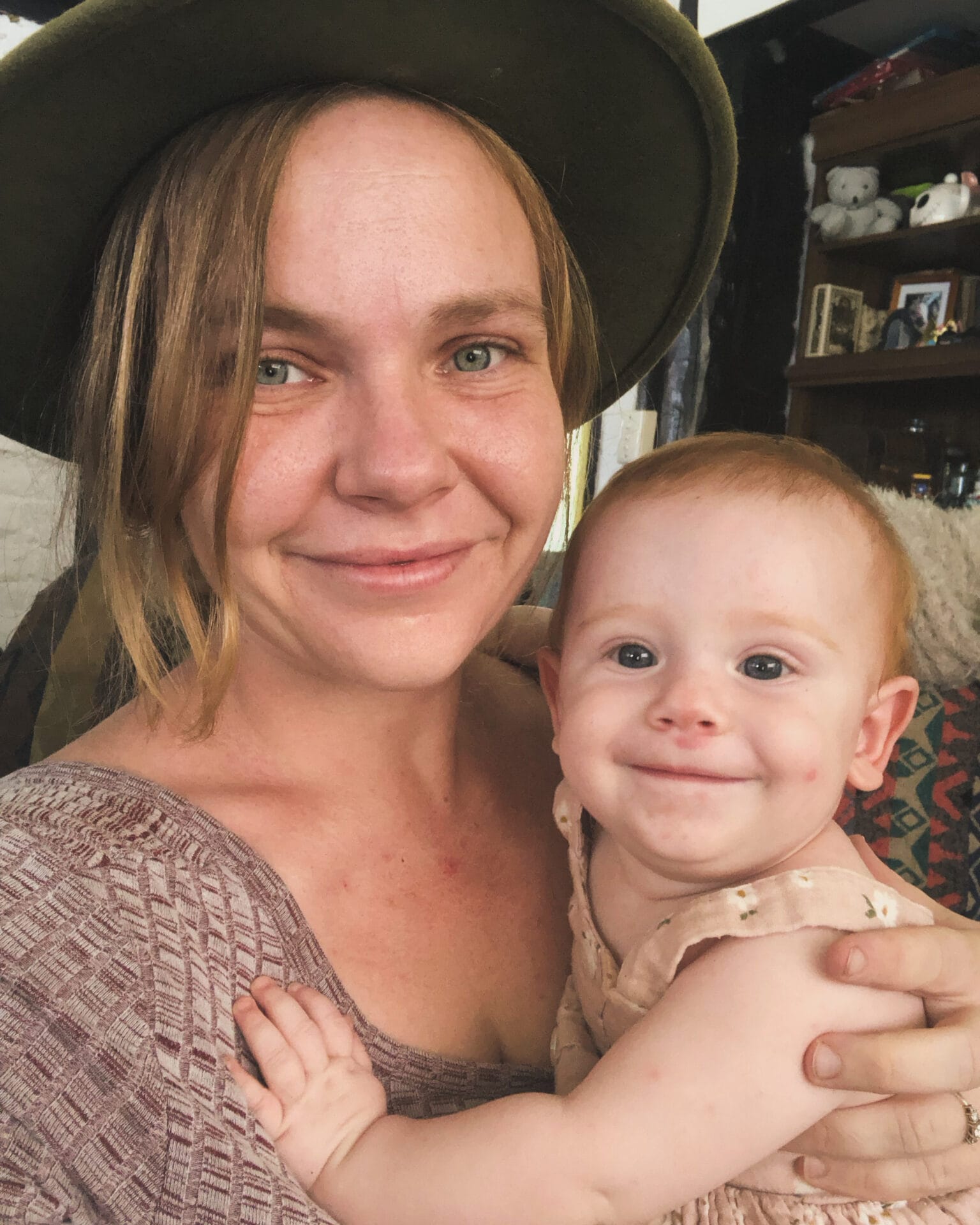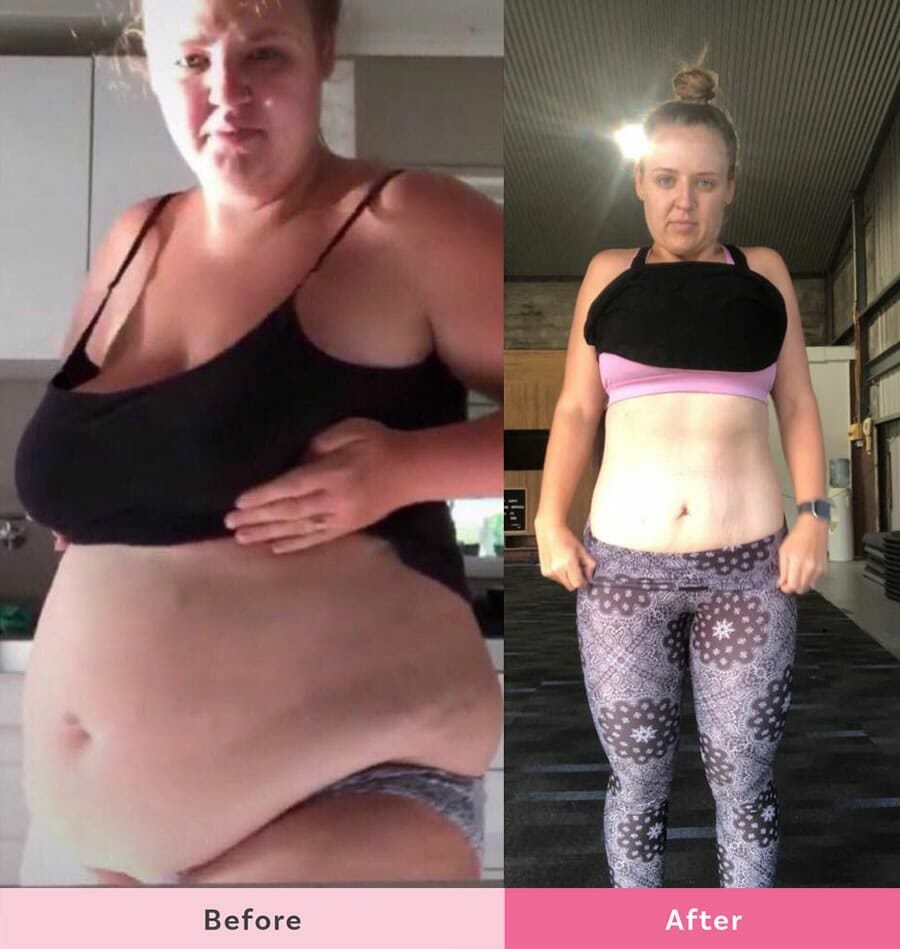10 potential triggers of antenatal depression
You’ve probably heard the term postnatal depression before. It generally strikes in the days, weeks or months after bub is born and can leave you feeling crippled from anger, guilt, sadness, exhaustion and anxiety.
But what about antenatal depression? This is the term used to describe depression during pregnancy.
In fact, it affects around 9 per cent of women in Australia experience, according to Perinatal Anxiety & Depression Australia (PANDA).
While many women put it down to hormones that they will ‘snap’ out once their baby is born, this isn’t always the case.

Here are 10 possible triggers of antenatal depression…
1. Unplanned pregnancy
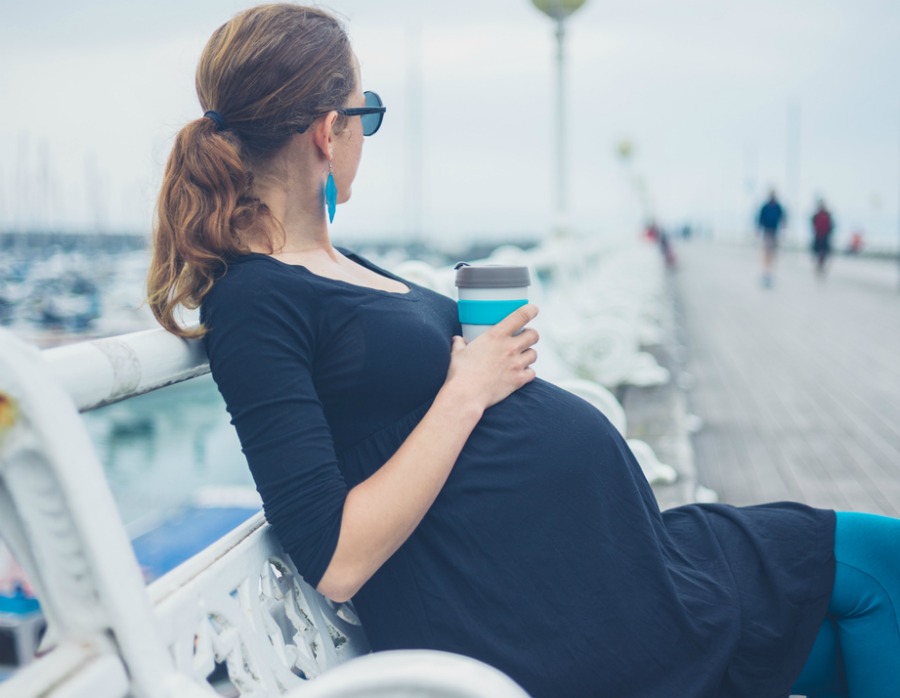
Maybe you weren’t planning on falling pregnant or you feel frustrated after birth control methods failed.
This may cause you to feel a wide range of emotions or you may feel unprepared.
2. Financial worries

Pregnancy can be expensive. You may have to buy clothing to accomodate your bump as well as cots, toys, prams etc. for the baby. Plus, there may be the ongoing concern about finances, such as work, maternity pay, keeping your job, childcare etc.
You could always try talking to a financial advisor to help you feel less stressed about your situation.
3. Feeling isolated

You may feel like your social life has come to an abrupt halt when you fall pregnant or you may be the first of your friends to have children. It can be a very isolating time.
It may be worth talking to your friends about how you are feeling or suggest dinners and girlie nights in so you still feel connected.
4. Fear of birth

Many women complain about the pain they experience during labour and the thought of this intense pain can be very off-putting. Especially as not everyone can plan for it or will know how long they will be in labour for.
Giving birth doesn’t have to be a scary thing. We’ve all heard the horror stories but there are also some very empowering stories out there as well. Just remember everyone’s experience is different.
6. Pressure from work

Hiding your pregnancy during the first three months from work colleagues can be tricky sometimes. You may be feeling tired or sick. Or you may be concerned about holding onto your job.
The best thing to do may be to talk to your manager or even the HR department about any concerns you have.
7. Complications during pregnancy
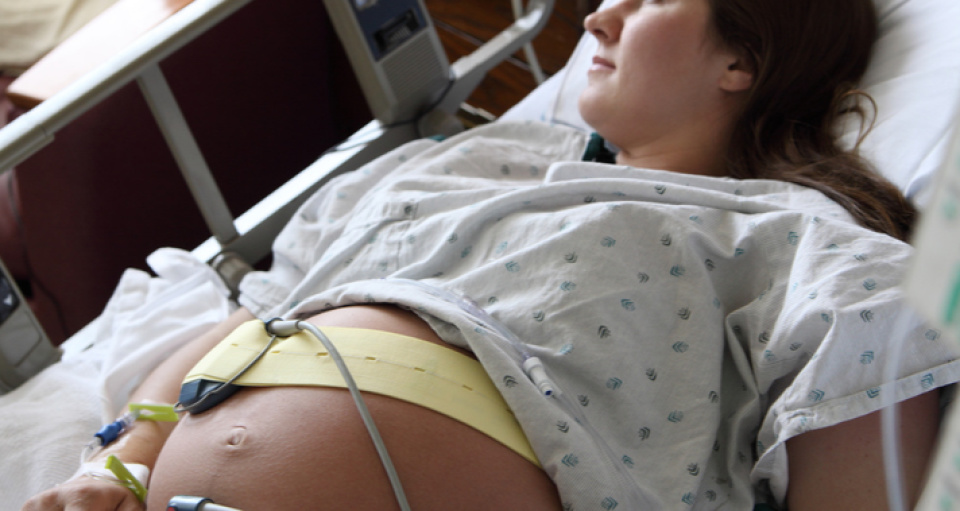
If your midwife or obstetrician has flagged a potential complication during pregnancy, such as gestational diabetes, hyperemesis gravidarum or another serious issue, and this may cause you to feel concerned and stressed.
8. Problems with partner

Pregnancy can be a testing time for many relationships, with tiredness increasing and hormones kicking in. Maybe you have an unsupportive partner?
Try sitting down and talking to your partner about how you are feeling ahead of the baby arriving.
9. Previous trauma

You may have suffered with a miscarriage or ectopic or even had IVF treatment and this may cause you to feel concerned during the pregnancy. This can then lead to depression.
10. Fear of being a good mum

Many mums-to-be worry about how they will raise their kids and this can also lead to feeling anxious and depressed.
The way we see it is, if you’re thinking about it then you care. And if you care for your child then you will be a great mum.
How do you know you’ve got antenatal depression?

It comes with similar signs to postnatal depression including anxiety and panic attacks, persistent worrying, obsessive or compulsive behaviours and abrupt mood swings.
Many women will feel exhausted and in physical pain, others will feel angry and on edge all the time. Some mums have trouble finding the pleasure in things and may contemplate suicide. Others have trouble focusing, socialising and remembering.
In almost all instances, antenatal depression leaves you feeling alone and ashamed, guilty for having these thoughts in the first place and for not being overwhelmed with happiness during such a joyous occasion, for not cherishing every moment of pregnancy.
Just try to remember, this is not your fault. And, more importantly, you don’t have to go through pregnancy feeling like this.
What should you do?
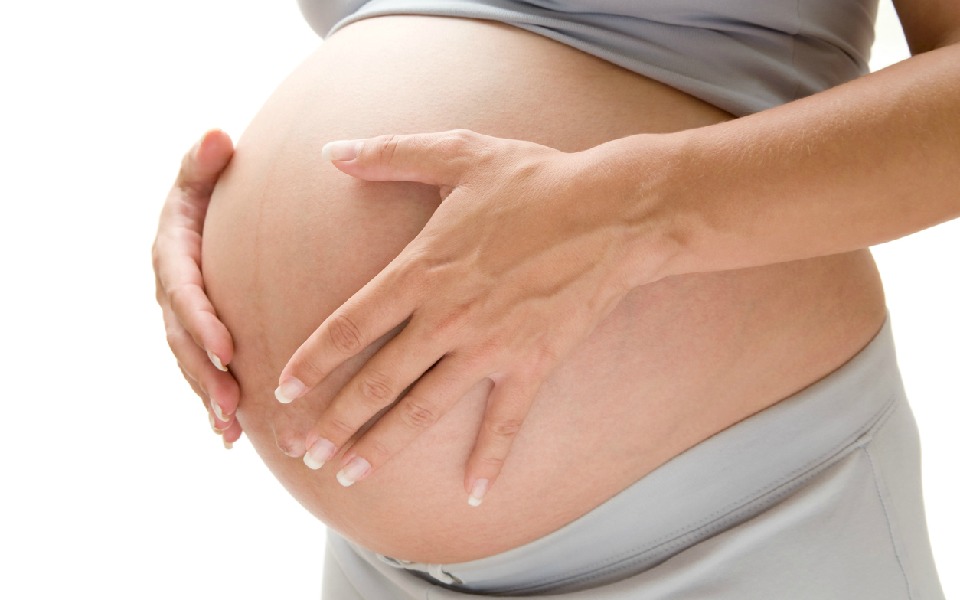
Make an appointment with your doctor. Talk to him or her. If you don’t feel like your doctor takes your concerns seriously or brushes them off as ‘hormones’, go to another doctor.
You may be referred to a mental health nurse who can properly assess you and decide what is best. In some instances you may need to take medication.
We cannot tell you whether you will need medication or not. It all comes down to your individual circumstances. In many instances, ensuring you feel better outweighs the slight risk that medication may pose to your baby.
You can also contact the PANDA hotline to talk to someone there. They can also point you in the right direction and help you decide what’s best for your situation.
Regardless of whether you choose to take meds or not, just talking to someone can help. And sometimes it’s enough.
Stopping the stigma surrounding depression during pregnancy
Being diagnosed with antenatal depression shouldn’t bring a sense of shame. What it should do is provide you with a sense of relief – this isn’t your fault.
This is a mental illness that you cannot control and this is something that, with the right support and help, can be ‘fixed’.
Getting the support you need

If you or someone you know is struggling, then remember you are not alone. Have a look at our story on what every mum who has experienced PND needs to hear as well as our post natal depression archives for ways to get the help you deserve.
For more on the signs and symptoms of postnatal depression visit www.panda.org.au.
Support
PANDA National Helpline www.panda.org.au – 1300 726 306
Beyond Blue www.beyondblue.org.au 1300 224 636
Join our Healthy Mummy support groups for support through other mums, judgement-free!

